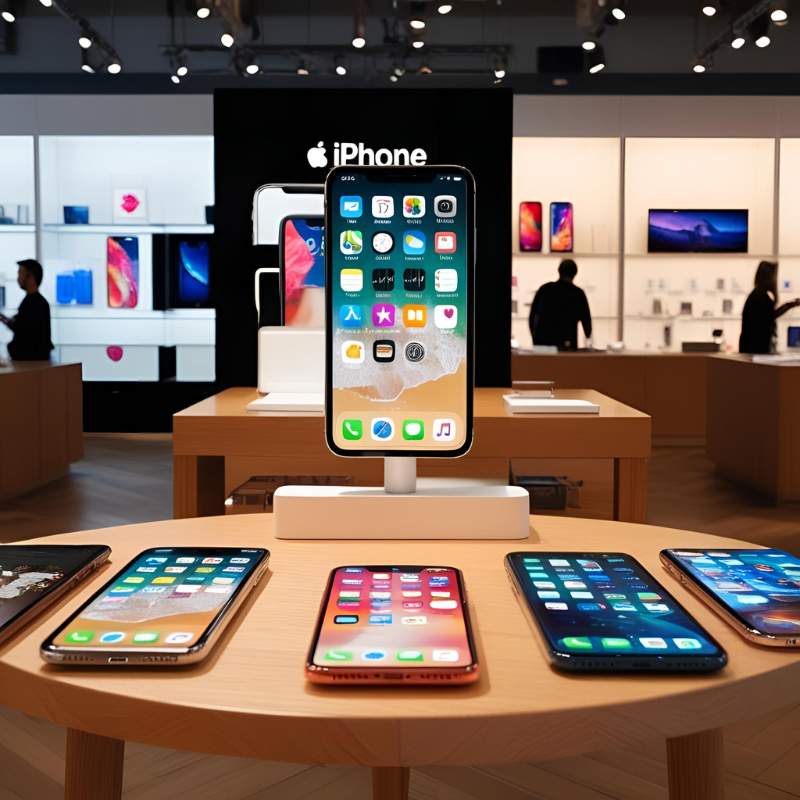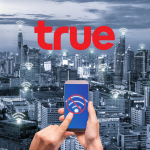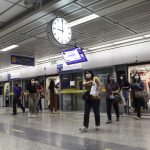Trump iPhone Tariff Targets China-Based Apple Production
The Trump iPhone tariff proposal is back in the spotlight, with the former president calling for a 25% import tax on iPhones manufactured in China. The move—if implemented—would significantly disrupt Apple’s global supply chain, increase consumer prices in the U.S., and add new strain to U.S.–China trade relations. During a recent campaign speech, Trump stated, “If Apple wants to sell in America, they should build in America.”
According to a recent CNBC report, Trump’s comments are already raising concerns among global tech investors and Apple’s stakeholders.
Apple Under Pressure
Apple continues to rely heavily on Chinese factories—especially Foxconn—for iPhone production. Over 90% of its smartphones are assembled in China. While Apple has started moving some assembly to India and Vietnam, a tariff of this magnitude would either inflate U.S. retail prices or damage profit margins. Analysts say the Trump iPhone tariff could raise the price of some iPhone models by $100 or more.
Trade Rhetoric Meets Election-Year Strategy
The Trump iPhone tariff fits a broader campaign message: restore American manufacturing and reduce foreign dependency. While the stance is politically potent, experts warn it could prompt retaliation from Beijing, destabilize tech supply chains, and lead to costly legal battles through the WTO. Still, the message resonates with voters wary of overseas economic influence.
How Consumers Would Feel the Impact
A 25% Trump iPhone tariff would hit U.S. shoppers at the register. New models could become significantly more expensive, dampening sales and pushing consumers toward older models or Android competitors. This could reduce Apple’s market share and impact its ecosystem-driven service revenues.
Apple’s Quiet Strategy Shift
Apple has remained silent, but CEO Tim Cook has long prioritized diplomacy with Washington. Internally, Apple is moving fast to grow manufacturing bases in India and Southeast Asia. However, even accelerated diversification will take years to match China’s scale and efficiency.
Conclusion: High-Stakes Policy for Tech and Trade
The Trump iPhone tariff is more than a headline—it’s a warning shot to Silicon Valley. Apple now faces mounting pressure to alter its production model or face regulatory risk in its most lucrative market. If implemented, this policy could define the next phase in tech-sector geopolitics and force a strategic realignment in global manufacturing.
For more coverage on international business and tech developments, visit the Business section of Bangkok One.





